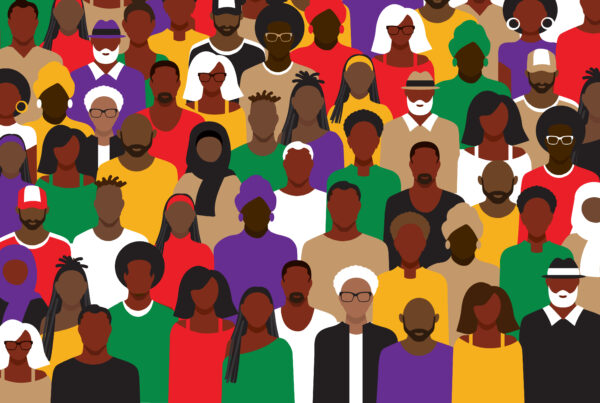By Angela Hasche, M.A., LSW, LAC and Kylie Lyles, M.A., LPCC, LADC
Relationships are important in our lives. They make us feel happy, loved, and linked to others. We have relationships with friends, family, and people we work with. Conflict is a part of any relationship, and communication is key to resolving conflict.
To make our relationships strong and healthy, it's important to talk about tough stuff sometimes. These tough conversations help us understand each other better, like what we need and how we feel. Even though these talks can be hard, they help us solve problems and make our relationships better. We also build trust when we have these tough talks. It makes us care more about each other. It helps us grow together. So, having these hard talks is like adding special glue to our relationships. It makes them even stronger and better!
If you are struggling to have a tough conversation or just want to be ready when you need these skills, we have an IDEA to share with you.
The IDEA Model
The IDEA model is an acronym that stands for Identify, Discuss, Explore, and Agree. It is a way to communicate that helps each person share their opinion on a problem or disagreement in a respectful but clear way. It helps each person express their thoughts, feelings, and needs effectively. It promotes understanding and empathy in the conversation. Here's a more in-depth explanation of each component and how it can be particularly helpful in having a tough talk:
- Identify the issue: This step involves recognizing and identifying the issue you want to communicate about. This means sharing just the facts. Ease into the difficult discussion with gentleness, openness, and no judgment of the other person. Your tone of voice and body language are important to note. Don’t make the other person feel defensive. You just want to explain what happened as fairly as you can from your perspective. This might look like:
- "You told me that you would get the kitchen cleaned up before we had company today. The kitchen is still really messy."
- “We had agreed to discuss purchases over $200 and I saw a charge in our account for $250.”
- Discuss your viewpoint: After the facts have been put on the table you can discuss how it looked to you or how you felt at the time. It’s important that you don’t state your interpretation or your feelings as facts. When you’re sharing how it felt to you, it’s helpful to use “I” phrases. This might look like:
- “I was very worried that…”
- “I’m frustrated that…”
- Explore others perspectives: Once you’ve had the chance to share your viewpoint you can ask the other person to share theirs. These will likely be different from your own. Let them know you’re interested in how they saw the situation and how they experienced it. Remember how much you care about this person. Otherwise, you wouldn’t be having this conversation. Be open, be curious about what they have to say. This might look like:
- "I appreciate you letting me share my thoughts. I would love to hear yours."
- “I am wondering what you think…”
- Agree on an action: This is your chance to work together. Find an outcome or option that benefits both sides, as much as possible. If you win by being aggressive or if one of you just gives in, you haven’t solved anything. The goal is to find an outcome that seems fair to both people. This might look like:
- “This seems like something we can figure out…”
- “Let’s see how we can prevent this from happening in the future…”
How the IDEA Model Can Help
- Open Dialogue: The IDEA model lets people talk openly and honestly. It gives a structured way to discuss tricky subjects. This lets both people share their thoughts without worrying about being judged.
- Empathy: Using the IDEA model, you really listen to the other person's feelings and worries. This caring way helps others feel heard and understood.
- Collaboration: The "agree" component of the model promotes collaboration and problem-solving. It lets you work together to find solutions and support strategies.
- Clear communication: The IDEA Model lowers the chance of confusion and misunderstandings.
There are some topics that can be really hard to talk about. The IDEA model is a valuable tool that can make it just a little bit easier.




